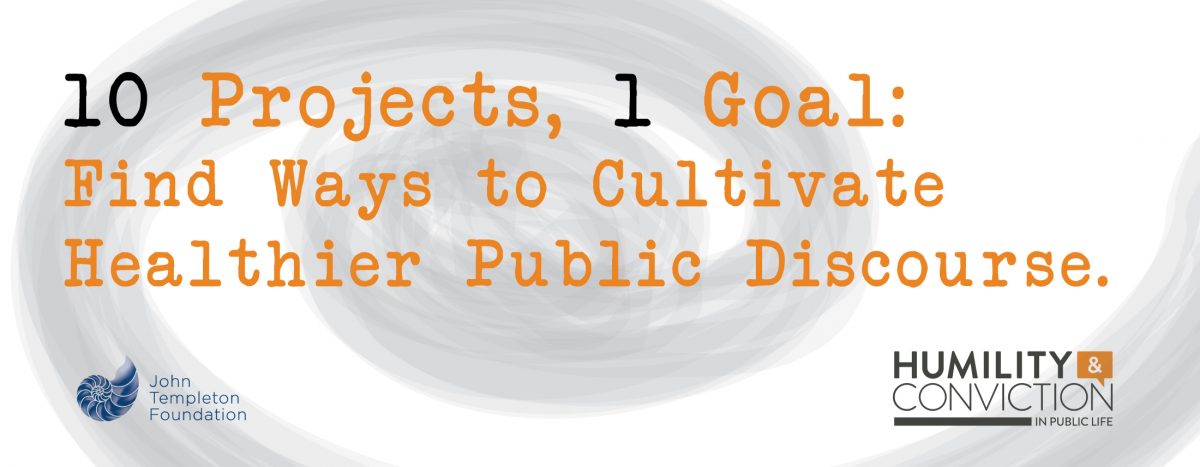
UConn’s Humility and Conviction in Public Life project announces $2 million in fellowship grants for projects that will delve into newsrooms, classrooms and the halls of Congress
Storrs, Conn. – A new $2 million fellowship grant program sponsored by the University of Connecticut’s Humanities Institute and funded by the John Templeton Foundation will support 10 innovative projects that explore the broken landscape of American discourse and create enduring strategies to spur and sustain open-minded, reasonable and well-informed debate and dialogue.
The 10 interdisciplinary research projects focus on balancing two key features of democracy: intellectual humility and conviction of belief. Carefully curated out of an applicant pool of 110, not only for their individual merits, but also because they work in complementary fashion, each project will investigate how networks and institutions meant to connect us may be pushing people apart.
“Arrogance is easy in politics; humility is hard. These projects aim to rekindle the sense that we can learn from each other, and thus to help us restore a more meaningful public discourse,” says Michael P. Lynch, director of the Humanities Institute and Principal Investigator of the Humility and Conviction in Public Life project.
The research awards, ranging from $160,000 to $225,000, provide a substantial two-year fellowship to each grantee for an ambitious project that will put cutting-edge research to work on improving and revitalizing public discourse. In aggregate, the projects will not only examine how intellectual humility does or does not manifest in public discourse, but will also promote and assess humility at the individual and institutional levels.
Here are the thorny issues and pressing questions the grantees will tackle:
Defusing Extreme Views: What makes us argue so heatedly over things we know little about?
Phillip Fernbach of the University of Colorado, Boulder, and his team will look at how we can improve public discourse not by turning laypeople into experts, but rather by making people aware of the causes of extremism and ignorance.
Encouraging Democracy in Action: How can we make communication between elected officials and their constituents more constructive and meaningful?
Ryan Kennedy of the University of Houston and his team will work with 16 congressional offices to study how an online tool that encourages deliberation might help constituents and their representatives arrive at common ground solutions.
Tackling Caustic News Site Comments: Can online news comments sections be designed to promote intellectually humble discourse?
Graham Smith of the University of Westminster, UK, and his research team will look for technical solutions that make comments sections more conducive to intellectually humble discourse. The researchers will test the potential of the solutions by recruiting people who usually read online news and randomly assigning them to different types of comments forums.
Dismantling Echo Chambers: Which online platforms best foster public discourse, and how can we improve them?
Mark Alfano of Delft University of Technology, Netherlands, and his research team will study how content flows in online communication networks and the interpersonal dynamics that influence online conversations about fraught issues.
Leaving ‘Expert Opinion’ to the Experts: Can people become more receptive to expert opinion?
David Dunning of the University of Michigan, Nathan Ballantyne of Fordham University, and team will look at how people interact with expert opinion and work to make people more receptive to it.
How Faith and Humility Can Coexist: Are religious convictions incompatible with intellectual humility?
Elizabeth Krumrei Mancuso and her team will examine whether people of strong religious faith can be intellectually humble, and if not, will assess what biblical and non-biblical evidence might be effective in boosting their intellectual humility in public discourse.
Groupthink and Humility: How can groups and institutions become more humble and open to dialogue?
Benjamin R. Meagher of Franklin & Marshall College and Wade C. Rowatt of Baylor University will investigate how intellectual humility influences group performance and how groups can act with intellectual humility.
Humility on Campus: Can we teach students to engage in more productive dialogue?
John Sarrouf of Boston nonprofit Essential Partners and his team will develop new teaching strategies for promoting intellectual humility and constructively engaging differences in academia.
A Healthier Q&A: Can asking the right questions make political discussion more productive?
Walter Sinnott-Armstrong of Duke University and his team will work to determine which questions, and which contexts, produce humility and civility in public discourse and which produce polarization and inflexibility, with the ultimate goal of finding ways to promote a culture of democratically engaged inquiry.
Eliminating the Shouting Match: How can we discourage arrogance in politics and public discourse?
Alessandra Tanesini of Cardiff University and her team will design and test practical interventions designed to combat the growth of pugilistic behaviors in public discussions, such as shouting, mocking, dismissing and rudely interrupting others.
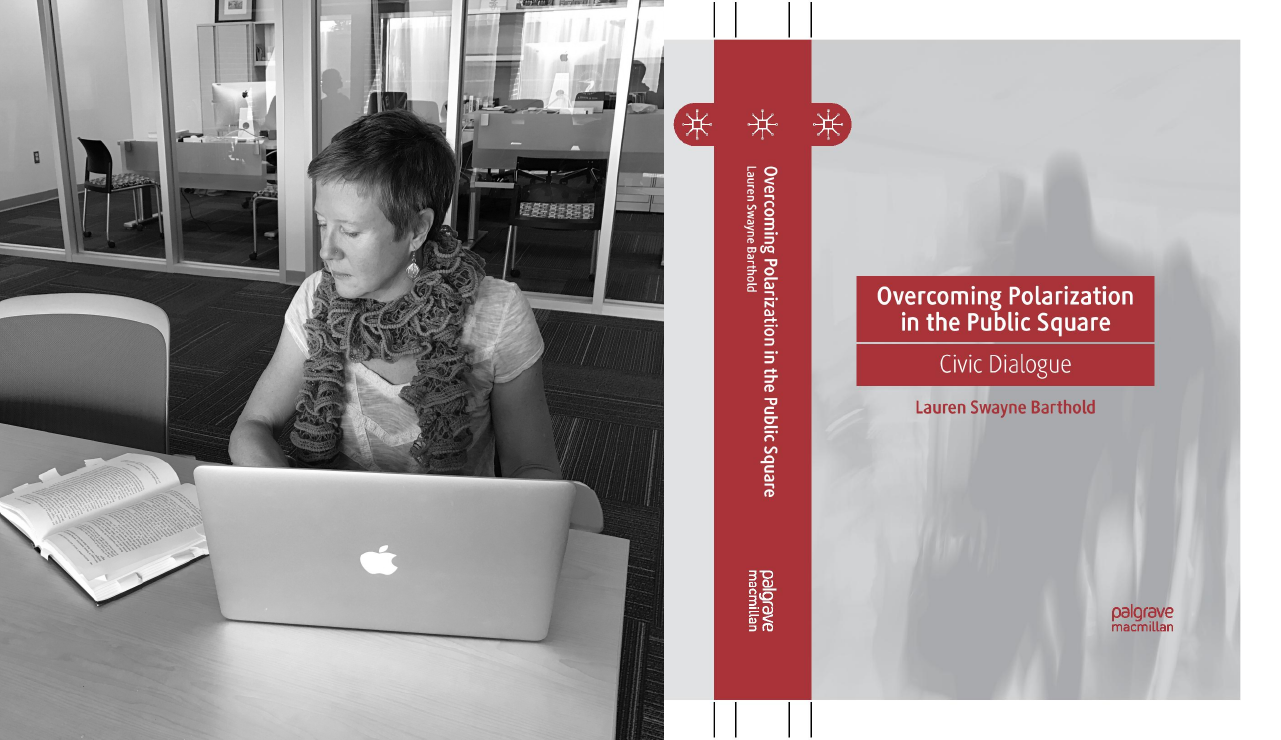
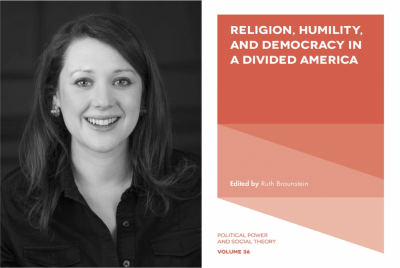
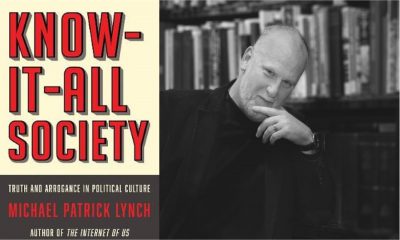
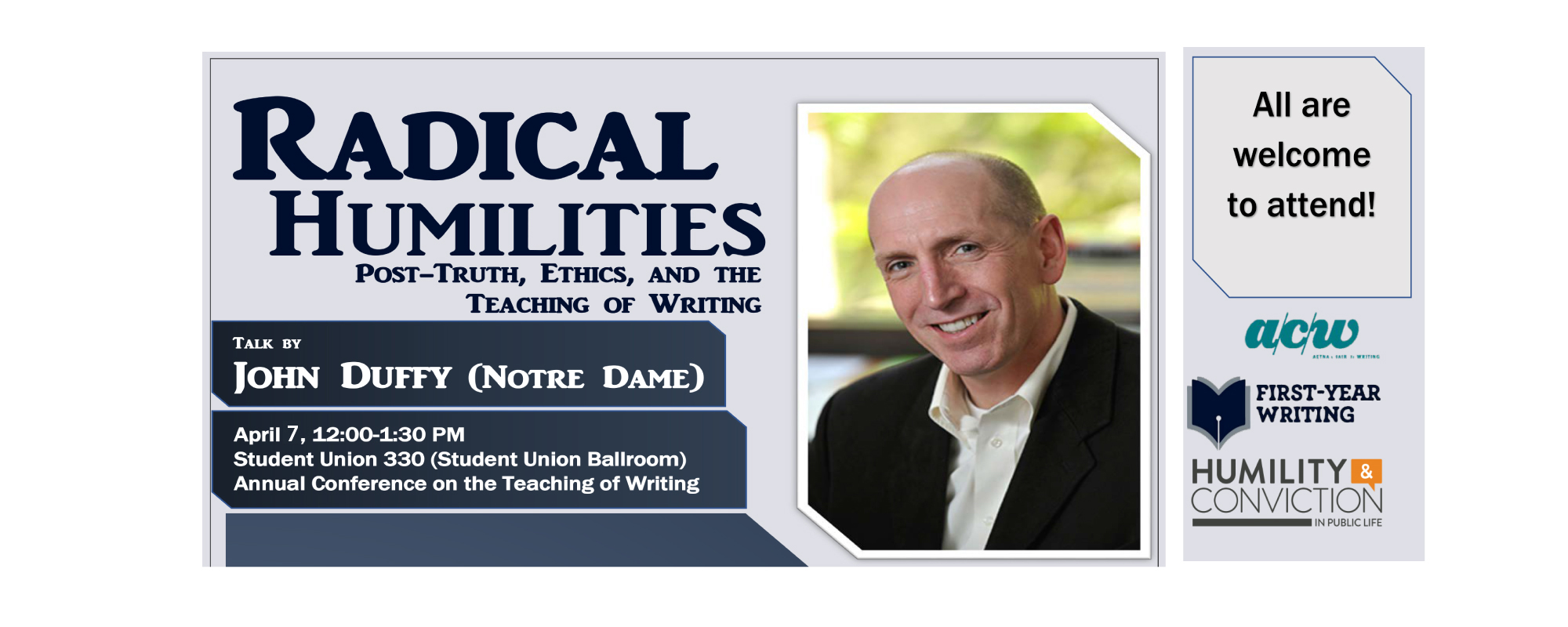

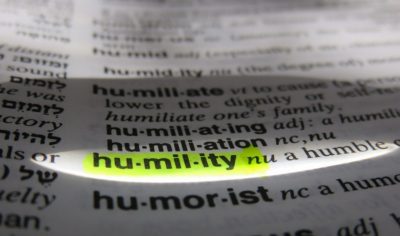 Whither humility?
Whither humility?